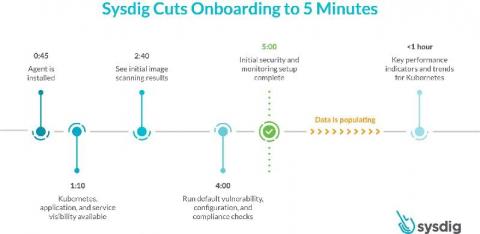New Redscan FOI report reveals the state of cyber security across UK universities
In March 2020, Redscan sent Freedom of Information (FOI) requests to 134 universities across the UK. The aim was to understand more about the frequency of data breaches in the sector and some of the steps institutions are taking to prevent them. The focus on universities was due to the integral role these organisations play in conducting world-changing research and shaping the skills and knowledge of the workforce. The results of the FOI request are available to download in a short report.









